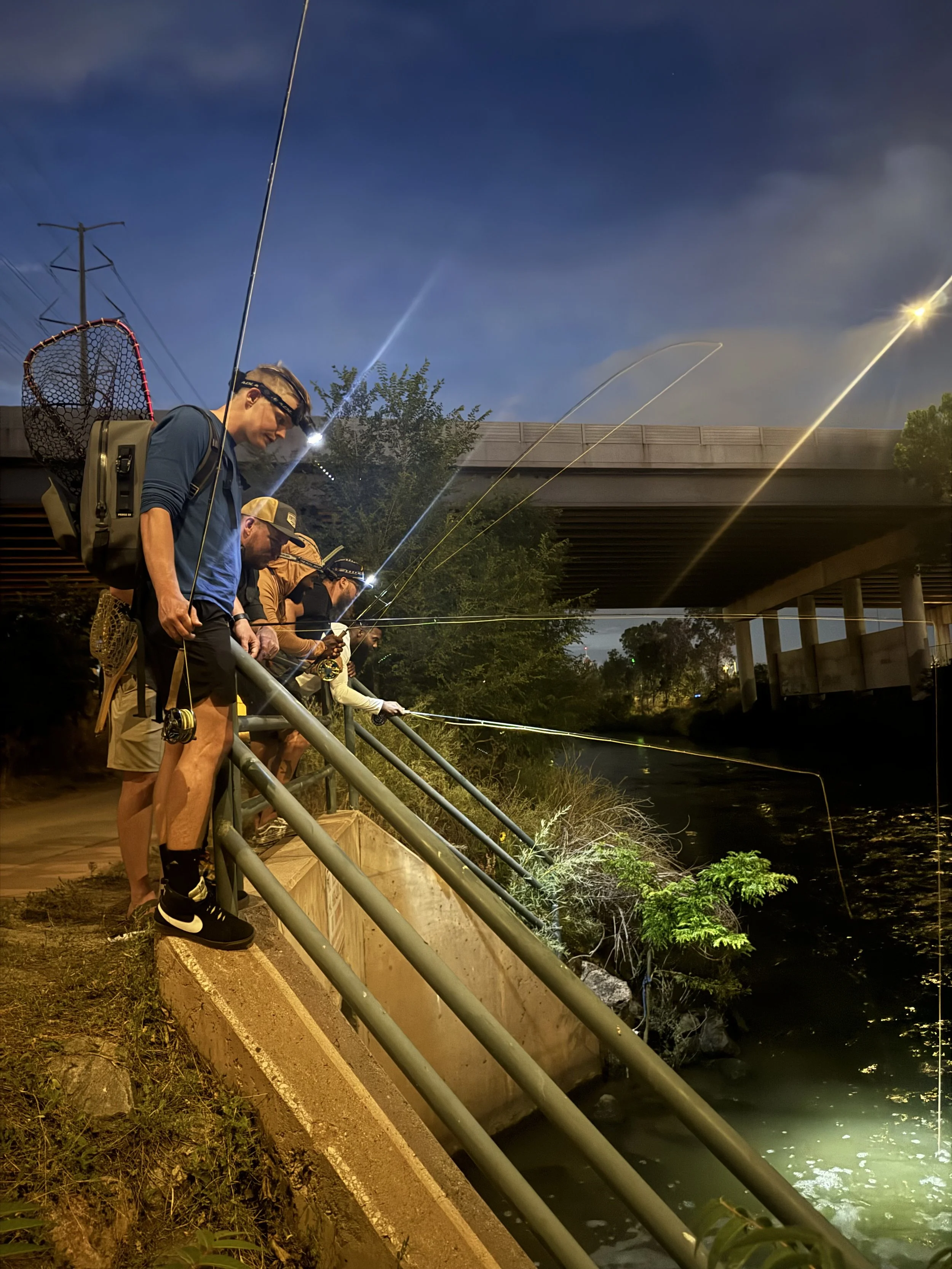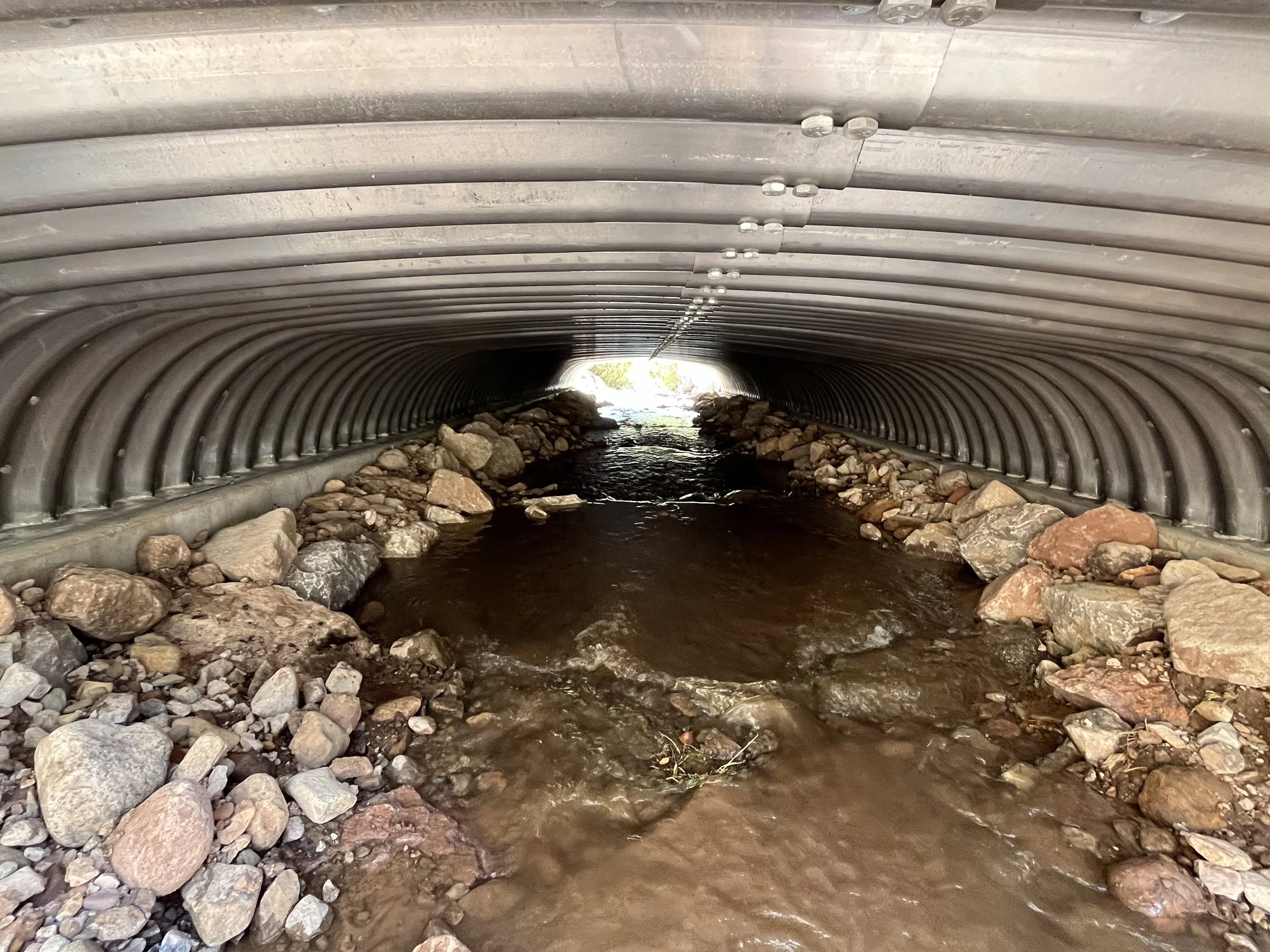DEADLINE: Wednesday, September 1, 2021
To learn more about the proposed gold mine please read The Colorado Sun article.
For the latest information on this issue please visit https://www.savefremontcounty.org/. That is the website for the main group opposing the application for a new gold mine near Grape Creek, by Canon City. Our chapter has filed an opposition letter with the Fremont County Commissioners and also with the DRMS.
Sample letter:
I am writing to voice my opposition to the Zephyr Minerals application for a gold mine near the Grape Creek wilderness. I am concerned that this proposed mine poses too high of a risk to the neighboring creek and river. As an avid angler, I fish the Arkansas river below the Grape Creek confluence, and am worried about any possible water contamination and pollution. A few of my particular concerns:
WATER: The mine site, at 6,500 feet elevation, is 1,000 feet higher elevation than Grape Creek and the Arkansas river. It is upstream from the water plant intake for Fremont County. Any discharge from mining operations will find its way to the aquifers underground and/or the water flows. The mining operation would use approximately 65 million gallons of water per year and an unspecified amount of chemicals. With the site just 1,000 feet above the Grape Creek and Arkansas River area, this creates the potential for pollution of the water for present and future generations. The demand on underground aquifers has been estimated in the permit as “insignificant” but there is no monitoring or measures to be sure that the demand is having an “insignificant” impact.
FIRE RISK: Zephyr claims: “Not a single forest fire in the USA has been traced back to or been attributed to a modern mining operation.” and “The mine operation will manage process water and storm water. The mill process water will flow through a closed recycling system with very little discharge if any.” How many unexpected disasters have resulted from mining? It is certainly possible that the proposed Dawson Gold Mine could be yet another disaster in the making.
The permit is non-specific in the amount of water reserved for fire mitigation. It states “sufficient.” There is no Fire Protection plan associated with the current application. How could government entities approve the permit without an assurance of being able to mitigate a fire before it becomes a wildfire? The mine location is in a juniper forest, semi-arid climate which is essentially a tinder box. There would be “approximately 13,000 pounds of explosives onsite for up to a week of blasting activity… replenished weekly”. Adding explosives to an area already a tinder box for a wildfire could create a wildfire that wipes out the entire region particularly without an established fire protection plan. Why incur this risk?
RECLAMATION FUNDS: Only $261,813 has been reserved for reclamation of the “affected area” when the mine shuts down. For 82 acres? With no inflation factored into the figures? Even without structures, concrete pads, holding ponds, etc., 82 acres could not be professionally landscaped for $261,813. The reclamation allocation is too small and is not adjusted for inflation.
EMERGENCY FUNDS: There is no allocation funds to address an unexpected fire, explosion, pollution leakage, or power outage. Zephyr has to seek additional funding to operate a mine or sell off to a larger concern. Without a requirement for a “problem reserve”, where would money come from to mitigate a significant problem?
The application does not have sufficient assurances that a long-term disaster will not happen or that short term significant problems can be resolved. I am strongly opposed to it. I respectfully request that you deny this application.
To submit the letter, you’ll need to follow these steps:
Go to the DRMS website: https://dnrlaserfiche.state.co.us/Forms/DRMS_Comment
set “Contact Type” to “Individual”
enter your name in “Persons Represented” field
enter your name, address, email, phone number in the appropriate fields
set “Connection to Operation” to “Concerned Citizen”
In the “Comment/Objection Narrative” enter the sample text above and edit as desired.
“Permit Number” is M2021046
“County” is “Fremont”
“Site Name” is “Dawson Gold Mine”
Permittee/Operator Name” is “Zephyr Gold USA Ltd”
Select “Objection”
That’s it — click “Submit” and you should receive an email confirmation that your object was submitted.
It should look like this:
















